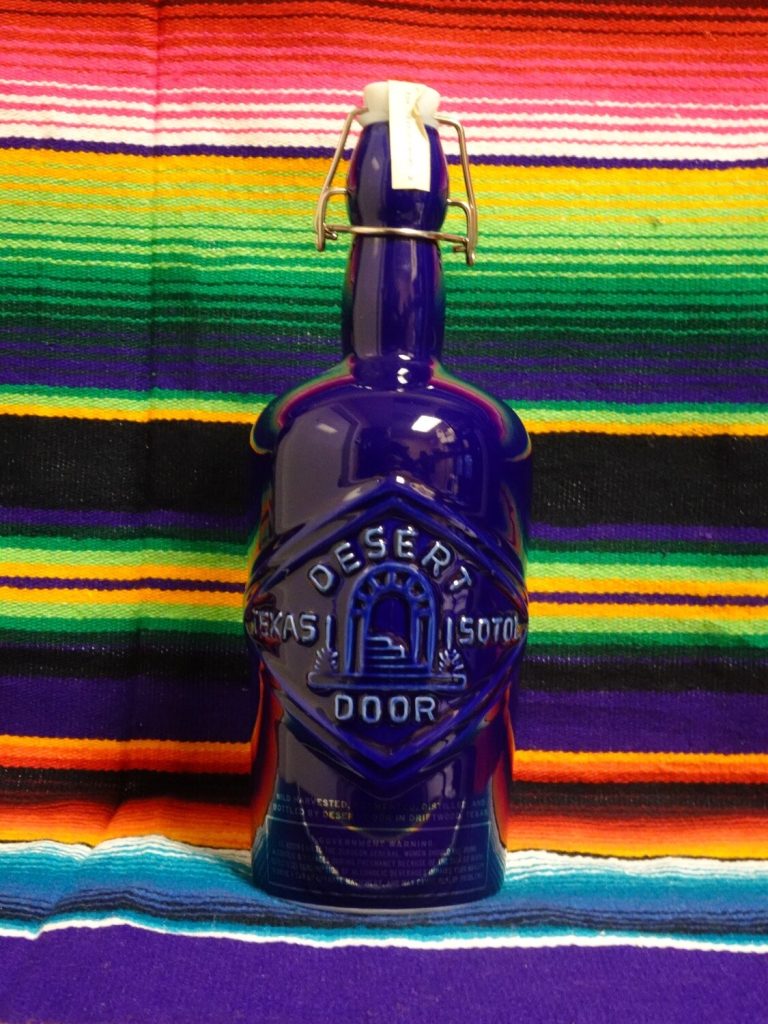Sotol, a traditional spirit from Northern Mexico, is not just a drink; it’s a narrative of its environment. Derived from the Dasylirion plant, often mistaken for agave, sotol embodies the rugged landscapes and rich history of the deserts and forests where it flourishes as reported by The New York Times. This spirit is a testament to terroir, with each batch offering a unique taste experience that reflects the specific conditions of its origin. Its distinct character makes it a compelling addition to any discerning bar cart.
This spirit’s allure lies in its versatility and complexity. Like a fine wine, sotol’s flavors can vary dramatically, depending on factors such as soil composition, climate, and even the distillation technique. It carries a smoky, earthy profile that can add depth to cocktails or be savored neat. The growing trend of artisanal spirits has brought sotol into the spotlight, offering enthusiasts an opportunity to explore beyond the well-trodden paths of tequila and mezcal.
The popularity of sotol is also a nod to the broader movement towards authenticity and tradition in the culinary world. As consumers become more interested in the stories behind their beverages, sotol offers a genuine connection to the land and culture of Northern Mexico. It appeals to those who appreciate craftsmanship and are curious about the lesser-known spirits that celebrate heritage and locality. This aligns with the increasing desire for experiences that are both educational and enjoyable.
Sotol’s rise in the spirits scene begs the question: What other hidden gems are waiting to be discovered in the world of traditional beverages? As we continue to seek out authenticity in our culinary experiences, the exploration of such unique spirits could redefine our understanding of what a bar cart can offer. By embracing sotol, are we opening the door to a deeper appreciation of the diverse stories that global spirits tell?


